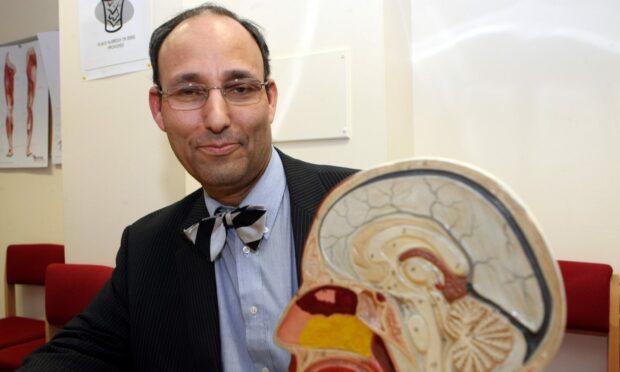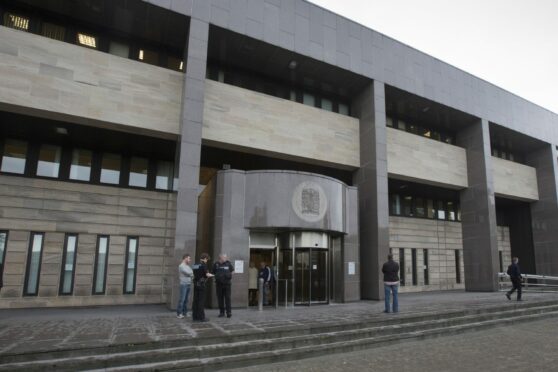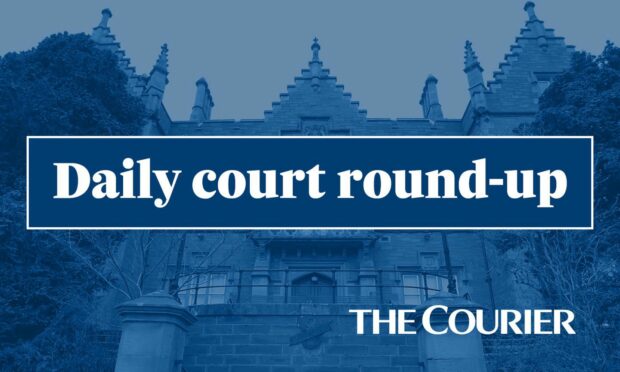A woman who was left with life-changing disabilities following a botched operation by a disgraced Tayside surgeon has been awarded almost £3 million.
Carolyn Almond-Roots, 52, sued Muftah Salem Eljamel and NHS Tayside after developing cauda equina syndrome, a rare spinal condition, in 2013.
Mr Eljamel, known as “Sam”, had been a consultant neurosurgeon at Ninewells Hospital but was suspended later that year.
He removed himself from the General Medical Council register in 2014 and was most recently believed to be practising as a surgeon in Libya.
On Wednesday, Ms Almond-Roots was awarded £2,810,118 at the Court of Session in Edinburgh.
Lawyers acting for Mr Eljamel and the health board accepted liability but a judgement is still to be made on apportion.
Victim’s ordeal began with Ninewells visit
It was revealed how Ms Almond-Roots attended the accident and emergency department on February 4, 2013 complaining of pain spreading upwards from her thigh, before being referred to the department of neurosurgery.
An advanced nurse practitioner, working under Mr Eljamel, examined Ms Almond-Roots and believed she required an emergency MRI scan and specialist surgery.
However, Ms Almond-Roots was discharged after Mr Eljamel determined she did not have cauda equina syndrome and could have a scan as an outpatient.
Mr Eljamel did not examine Ms Almond-Roots personally.
She was later operated on by Mr Eljamel on April 16, 2013 at the now-closed BMI Fernbrae Hospital after she opted to be treated privately.
The operation, however, was botched and Ms Almond-Roots’ condition deteriorated.
She received a follow-up MRI at Ninewells a few days later which confirmed the diagnosis of cauda equina syndrome.
The condition is deemed to be a “rare and severe” type of spinal stenosis in which all of the lower back nerves become severely decompressed.
QC argues health board should take blame
Graham Primrose QC, for Mr Eljamel, argued equal blame should be attributed to the negligence suffered by Ms Almond-Roots.
“If it had not been for the failure to scan and operate in the first place, she would not be in the, admittedly, terrible condition she is in today.
“What the health board is trying to do is to say that there was no causal contribution here.
“The health board’s negligence is the failure to give the pursuer the opportunity to undergo the operation (at Ninewells).
“She would have, for all intents and purposes, been able to lead a normal life.”
Board says surgeon to blame
Calum MacNeill QC, acting for the health board, argued “zero per cent” of the apportion should be attributed to NHS Tayside.
“I do not shirk from saying the continued pain and discomfort from which the pursuer suffered when she attended A&E on February 4, up until she had the operation, are down to the second defenders.
“The period between February 4 and April 16 is just under 10 weeks and certainly it was noted that there was no major deterioration in the pursuer’s neurological condition – it was stable.
“In terms of the causative effect beyond that, there was effectively none.
“The effects of the operation left this woman with life-changing, ghastly disabilities which will last for the rest of her life.”
The court heard how following her operation, Ms Almond-Roots complained to Mr Eljamel about her condition worsening.
She was prescribed steroids for nerve root damage by the surgeon before referring her again to Ninewells where it was revealed her condition was “irreversible”.
Mr MacNeill said there was no evidence Ms Almond-Roots would have developed cauda equina syndrome.
Some of the symptoms for the condition include sciatica on both sides, numbness in the legs and/or genitals as well as incontinence.
Lord Uist’s judgement on apportion will be revealed at a later date.
NHS Tayside declined to comment.
Victim’s lawyer welcomes ruling
Jonathan Howat a senior lawyer with Thompsons Solicitors handled Ms Almond-Roots‘ case.
He said: “Ms Almond-Roots has shown remarkable bravery and tenacity in her determination to hold to account those responsible for her appalling treatment.
“The disgraceful conduct of Eljamel has left my client with very serious and life changing injuries that affect every aspect of her daily life.
“The level of compensation Ms Almond- Roots has received highlights the seriousness of what has been inflicted upon her.
“The settlement which has been agreed takes into account the fact that my client will need to pay for additional care for the rest of her life.
“The injuries caused by this rogue surgeon are appalling and we are glad that his negligent practices have been brought to light.”











